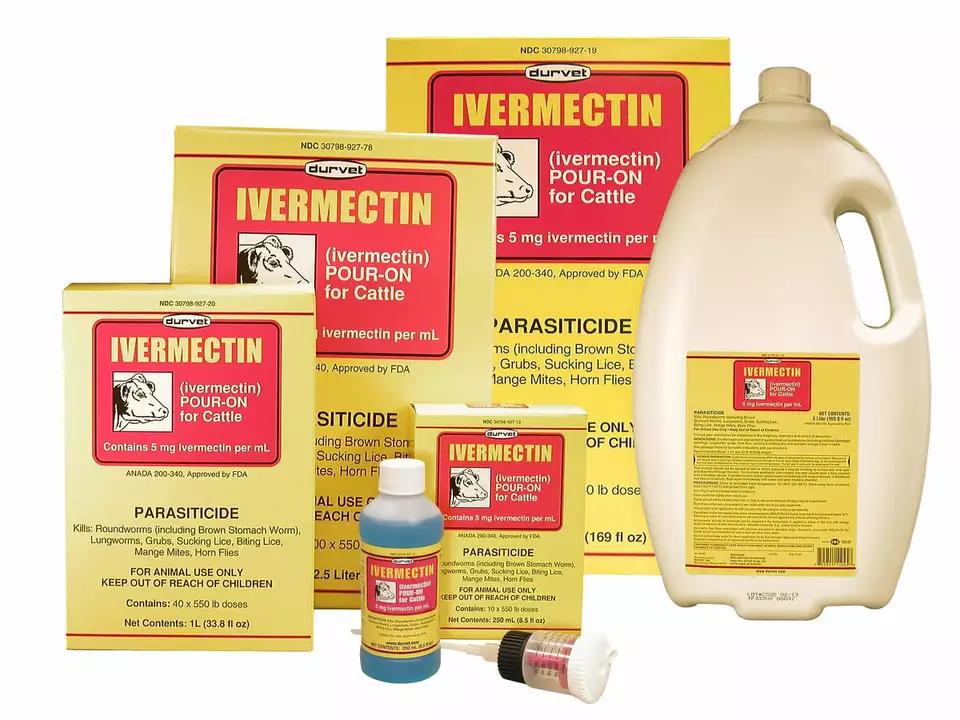Cats: Practical Health & Medication Tips for Your Pet
Cats are masters at hiding pain. That means small changes—less grooming, hiding, or a picky appetite—can be the first sign something’s wrong. This page gives clear, useful tips about common cat medicines, how to give them safely, and when to get professional help. No fluff—just things you can use today.
Common medications and safety tips
Some medications are used often in cats: antibiotics for infections, topical flea and tick products, dewormers, thyroid meds, and insulin for diabetic cats. Never give human medicine like acetaminophen or ibuprofen—those can be deadly to cats. Always follow a vet’s prescription and dose. If you buy meds online, choose a reputable pharmacy and keep the vet’s instructions handy.
Watch for side effects: vomiting, diarrhea, lethargy, loss of appetite, or strange behavior. If a new symptom starts after a medicine, stop the drug only if your vet tells you to—some meds need tapering. Store medicines in a cool, dry place out of reach of pets and children. Keep a list of all meds your cat takes and share it with your vet at every visit.
How to give meds and when to call the vet
Giving pills can be tricky. Try these options: pill pockets (treats with a hole for the pill), hide the pill in a small amount of wet food, or use a pill dispenser if you’re comfortable. If your cat resists, wrap them gently in a towel so only the head is out. For liquids, use a syringe against the cheek and go slowly—never force the head back. Eye drops and ointments need steady hands: tilt the head slightly back, pull down the lower lid, and apply the drop without touching the eye.
Insulin injections require training from your vet. Learn to measure the dose, rotate injection sites, and monitor blood glucose if advised. Keep a simple log of doses, appetite, and behavior for the first week after starting or changing meds.
Call your vet right away if your cat shows trouble breathing, seizures, severe vomiting or diarrhea, unresponsiveness, or sudden worsening. Also contact a vet if your cat swallows a human med or an unknown toxin.
Small actions make a big difference: follow dosing instructions, keep emergency contacts nearby, and ask your vet any time you’re unsure. Caring for a cat’s meds can feel stressful at first, but with clear steps and a trusted pharmacy, it gets easier fast.

Ivermectin for Cats: Safety, Dosage, and Potential Uses
As a cat owner, I've been researching Ivermectin for cats and found that it is a medication commonly used to treat various parasites. It's important to use the correct dosage, as overdosing can lead to serious side effects. Veterinarians typically prescribe Ivermectin for issues like ear mites, mange, and internal parasites. While it's generally safe for cats, some breeds may have a genetic sensitivity to the drug. Always consult with your vet before administering any medication to your feline friend.
Read More